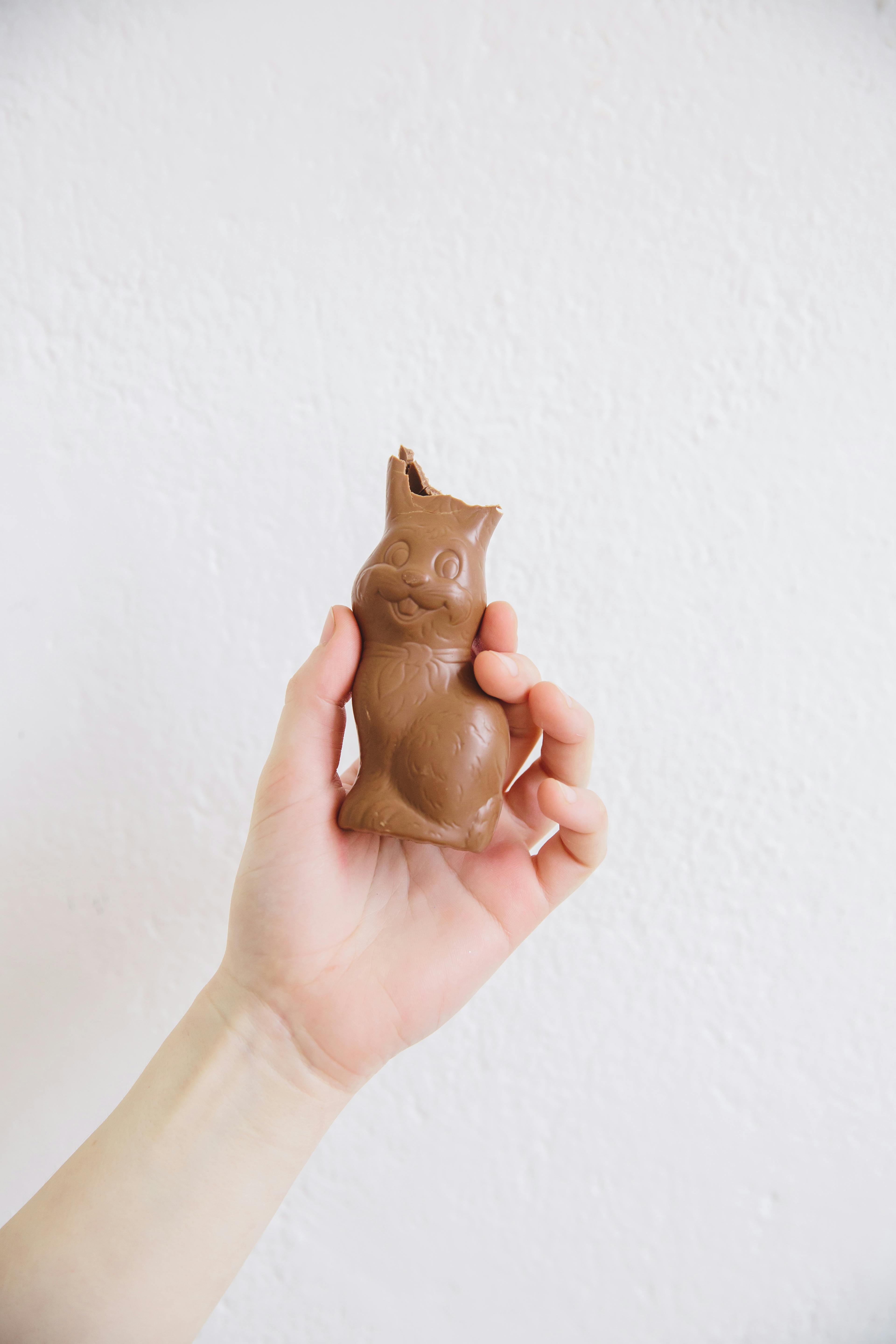Essential Guide to Rabbit Care for Pets
Rabbits, known for their adorable appearance and friendly temperament, have become increasingly popular as household pets. As caring and responsible pet owners, understanding rabbit care is crucial for ensuring a long and happy life for these creatures. This article will explore essential aspects of raising and caring for rabbits, including their nutrition, housing, health, and behavioral needs, providing you with the necessary knowledge to create a conducive environment for your furry friend.
Rabbits are not only cute but also make great companions. Their playful behavior and unique personalities can bring joy to families and individuals alike. However, they require proper care and attention, just like any other pet. By understanding rabbit behavior and needs, you can ensure their well-being and foster a strong bond with your pet.
Throughout this guide, we will cover various topics, including different rabbit breeds, housing options, nutrition, grooming, and socialization techniques. By the end of this article, you will have the tools needed to provide optimal care for your rabbit and enjoy a fulfilling relationship with your beloved bunny.
Key takeaways include understanding rabbit behavior, the importance of proper housing, nutrition, and grooming, and tips for enhancing your rabbit's quality of life.
Understanding Rabbit Behavior and Communication
Understanding rabbit behavior is essential for any pet owner. Rabbits have a unique way of communicating, which can signal their feelings and needs. By learning their cues, you can better respond to your pet's emotional state and enhance your bond with them.
Signs of a Healthy Rabbit
A healthy rabbit exhibits a range of behaviors, including active exploration and social interaction. It's important to familiarize yourself with these signs to ensure your rabbit is thriving. You should also watch for signs of illness, such as lethargy, changes in appetite, or abnormal behavior.
Common Rabbit Behavior Problems
Many pet owners may encounter behavioral challenges with their rabbits. Issues such as chewing furniture or litter box problems can arise. Understanding the root cause of these behaviors can significantly help in resolving them, often through training or environmental adjustments.
Communicating with Your Bunny
Bunnies communicate through body language and vocalizations. Learning to interpret these signals can help you understand your rabbit better and respond to their needs effectively. For instance, a thumping noise often indicates that a rabbit feels threatened, while purring or a relaxed posture suggests they are comfortable.
Bonding with Your Rabbit
Bonding with your rabbit takes time and patience. Engaging in gentle play and spending quality time together can foster trust and affection. Brushing your rabbit or offering treats during bonding sessions can also strengthen your relationship.

Choosing the Right Housing for Your Rabbit
Creating a comfortable and safe environment is crucial for your rabbit's well-being. The right housing options will depend on whether you plan to keep your rabbit indoors or outdoors. Understanding your rabbit's needs will help you make the best choice.
Indoor Bunny Setup
Setting up a healthy indoor environment for your rabbit involves providing ample space for exploration and exercise. A designated play area can encourage physical activity, which can prevent obesity and other health issues. Having accessible spots for hiding and exploring can also keep your bunny engaged.
Outdoor Bunny Care
Keeping rabbits outdoors requires extra consideration for their safety. A secure, spacious enclosure protects them from predators while allowing them to enjoy fresh air and sunshine. Providing shade and shelter from harsh weather will contribute to their overall comfort.
Rabbit Habitat Setup
Regardless of where you choose to house your rabbit, their habitat should be clean and well-maintained. Fresh bedding, proper ventilation, and regular cleaning of their living space are critical elements that impact their health and happiness.
Safe and Enriching Toys
Providing appropriate toys and accessories is essential for stimulating your rabbit's mind and body. Chew toys, tunnels, and ramps can encourage exercise and satisfy your rabbit's natural chewing instincts, making them happier and healthier.

Rabbit Nutrition and Feeding Guidelines
Nutrition plays a vital role in your rabbit's health and happiness. By understanding their dietary needs, you can prevent health issues and promote a long, active life for your furry friend. The right balance of hay, vegetables, and pellets are crucial aspects of a rabbit's diet.
Rabbit Food Choices
The foundation of a rabbit's diet should be high-quality hay, which is essential for digestive health. Fresh vegetables can make up a smaller portion of their diet. Pellets can be offered but should be limited in quantity to prevent obesity.
Understanding Rabbit Dietary Requirements
Different rabbit breeds may have varying dietary needs, so it's essential to tailor their food to match their specific requirements. Consulting a veterinarian can help you determine the optimal diet for your rabbit's health.
Rabbit Treats and Pampering
While treats can be a great way to bond with your rabbit, moderation is key. Store-bought or homemade rabbit treats should never make up more than 10% of their overall diet. Choose healthy options that won’t disrupt their nutritional intake.
Monitoring Your Rabbit's Health and Weight
Regularly monitoring your rabbit's weight and health provides valuable insights into their dietary adequacy. Sudden weight loss or gain can be a sign of underlying health issues that require immediate attention.
As we build on the fundamentals of rabbit care, understanding the important aspects of grooming ensures your pet remains healthy and comfortable.
Its part of generated content. Can i generate another part?